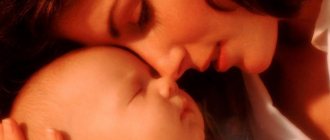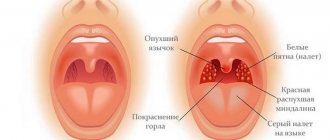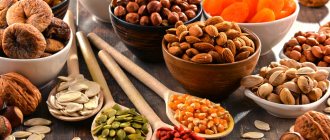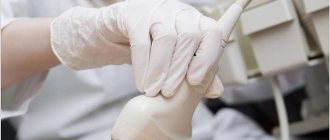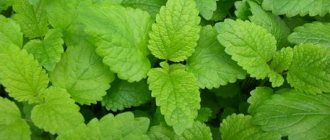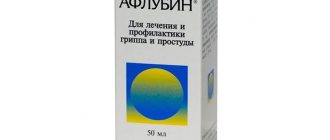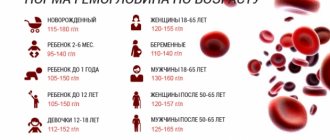After the baby is born, the mother, unfortunately, often has health problems. Statistics show that after childbirth and during lactation, the body of a nursing mother is exposed to cystitis more often than that of ordinary women. We will talk about what treatment of cystitis during breastfeeding is in this article.
Causes of cystitis in nursing mothers
Inflammation of the bladder is a rather unpleasant disease that affects both men and women. The latter, by the way, suffer from this much more often due to the peculiarities of the anatomy of the body. Therefore, the risk of cystitis in women is much higher. What causes cystitis in a nursing mother is a separate question. And here's why: breastfeeding is preceded by a very complex process that affects many aspects of the body - the birth of a child. Cystitis after childbirth may appear as a result of several factors:
- Strong pressure on the bladder during childbirth and obstructed blood circulation can provoke an inflammatory process.
- If a catheter was inserted into the urinary tract during childbirth, this could facilitate the penetration of bacteria, which later “rose” higher.
- After childbirth, many mothers put ice on their abdomen to improve contraction of the muscles of the uterus. And, as you know, hypothermia is a direct path to cystitis. Therefore, this procedure must be carried out under control and correctly.
- Poor hygiene (or improper hygiene) can also lead to inflammation of the bladder. The anatomical structure of the female urinary system is designed in such a way that any infection quite easily penetrates directly to the bladder. This is why hygiene procedures are so important.
- Weakened immunity. During pregnancy, the mother’s body works for two; during childbirth it is subjected to extreme stress and sometimes it takes a lot of time to normalize it and restore good immunity. Breastfeeding forces the body to work harder even after a stressful situation, which means it is even more difficult for it to recover. And he becomes much more susceptible to any diseases. Cystitis, alas, is no exception. Especially if there was chronic cystitis, which will manifest itself at the slightest provocation.
Correct and timely treatment of cystitis during lactation is the key to quickly stopping the disease and eliminating unpleasant symptoms.
Traditional treatment
Uncomplicated cystitis in a nursing mother can be treated with folk remedies at home. But with a small caveat: “grandmother’s methods” should not be perceived as independent therapy.
- Place crushed St. John's wort herb (5 g) and 200 ml of boiled chilled water in a small saucepan and close tightly. Heat in any type of water bath for about 20 minutes, filter the broth. Dilute the resulting volume with boiled water to 200 ml. Take 90 ml 20 minutes before meals 3 times a day. In the same way, a medicinal drink from lingonberry and bearberry leaves is prepared and used.
- Mix in equal proportions (1 tablespoon each) cinquefoil rhizomes, plantain leaves and horsetail grass. Place the mixture in a thermos, add 600 ml of boiled water, and leave overnight. In the morning, strain the infusion, drink 100 ml three times a day before meals.
- Water extracts from chamomile, calendula, thyme, pine needles, and nettle are used for sitz baths. Based on body weight, one procedure will require 50–100 grams. vegetable raw materials. Brew the medicinal ingredients in the required amount of water, with the expectation that the liquid will cover the lower part of the female pelvis. After cooling to 37º, strain and pour into a wide container. The residence time in the medicinal decoction is 15 minutes. The procedure cannot be performed if postpartum discharge continues, the menstrual cycle continues, gynecological diseases or neoplasms are diagnosed.
We invite you to familiarize yourself with the 20 best remedies for cystitis
All activities must be coordinated with the attending physician.
Symptoms of the disease during breastfeeding
Cystitis during breastfeeding manifests itself with exactly the same symptoms as during normal periods. Mainly:
- Frequent trips to the toilet, the unpleasant sensations that arise with cystitis after it.
- A burning sensation during urination and for some time after.
- Possible increase in temperature.
- At a sufficiently acute stage, it may be accompanied by nagging pain in the pelvic part.
Drinking regimen of a nursing woman with cystitis
A healthy person is recommended to drink 1.5 liters of clean drinking water. During breastfeeding, a woman’s body spends a lot of fluid, so a nursing mother is advised to drink a little more. If the mother is worried about cystitis during lactation, then the volume of liquid should be at least 2-2.5 liters. Doctors recommend such measures in order to increase the total amount of urine, along with which bacteria that provoke the disease will come out faster.
In addition to water, to combat the disease, it is recommended to consume lingonberries or cranberries (a fruit drink made from these berries is an excellent option). They have diuretic and antibacterial properties. And besides, they contain a large amount of useful vitamins and microelements, which will come in handy for mom.
Additional information: everything about pregnancy, lactation and the diet of a nursing mother.
Medicines and drinking regime
To determine which antibiotic the causative agent is sensitive to, a laboratory test is done for urine culture. If culture results show that the bacteria are sensitive to antibiotics of the cephalosporin or penicillin group, then treatment can be carried out without interrupting breastfeeding. If the doctor prescribes antibiotics such as Erythromycin, Vilprafen or Rovamycin to the patient for breastfeeding, then the child will have to be temporarily transferred to artificial feeding.
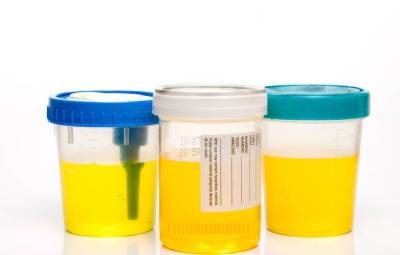
If for some reason a urine culture test was not performed, the patient may be prescribed Augmentin, Zinnat or Amoxiclav, since these drugs are most effective against the most common causative agent of the disease - E. coli and are the least dangerous for the child. Cystitis during breastfeeding is treated with the listed drugs for 5 days.
A common mistake many nursing mothers make is stopping antibiotic treatment immediately after the pain disappears. If the prescribed periods of antibiotic therapy are not observed, the disease may become chronic and the microbes may become resistant to antibiotic drugs.
Cystitis during breastfeeding is effectively treated with drugs based on herbal components, for example, Phytolysin or Canephron. Such medications have antiseptic, anti-inflammatory and diuretic effects, help improve kidney function and relieve spasms, and are absolutely safe for the child.
When treating cystitis, patients are recommended to drink up to 2 liters of fluid per day. Abundant filling of the body with water helps to increase the amount of urine produced. Thanks to this, the process of removing pathogens from the diseased organ is accelerated, and cystitis in a nursing mother is cured faster.
Tips regarding drinking regime:

It is not advisable for patients to drink sweet drinks, since sugar promotes the rapid proliferation of microorganisms.- Patients with cystitis during lactation should not drink strong black tea, coffee and drinks made with spices. Such drinks contribute to irritation of the mucous membrane of an already inflamed organ, and make the taste of milk unpleasant for the baby.
- Fruit drinks made from lingonberries and cranberries are useful for cystitis, since they contain natural uroseptics and diuretics.
Drugs for the treatment of cystitis during lactation
Postpartum cystitis is a very serious disease that can have undesirable consequences, such as complications on the kidneys. But breastfeeding women have an additional difficulty, since many medications and breastfeeding are incompatible. And like any caring mother, she doesn’t want to interrupt him and thinks about what she can drink and what she can’t. How to treat cystitis while breastfeeding? It is worth noting that everything here depends on the degree of the disease. In case of acute cystitis, doctors definitely recommend not to hesitate and take a course of antibiotics.
There are main groups of drugs that are prescribed to treat inflammation of the bladder. Purpose depends on the cause of cystitis. The main groups of antibiotics for the treatment of this type of inflammation are considered to be: Cephalosporins, Penicillins, Macrolides. Among the most prescribed drugs for cystitis, Monural and Amoxiclav should be noted.
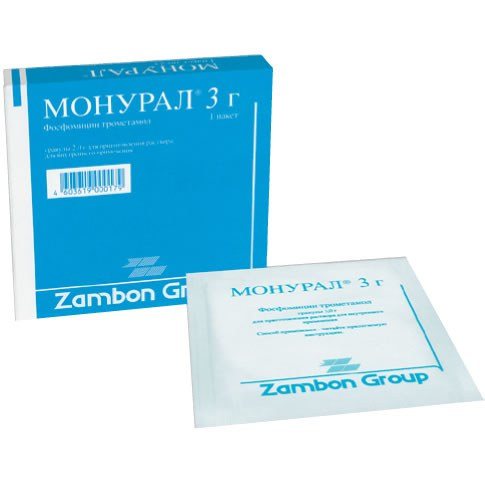
Monural is an effective and fast-acting medicine that successfully fights cystitis. There are several opinions about the extent to which this drug is approved for breastfeeding, but international experts are of the opinion that it can be used. The substances pass into breast milk in small quantities, but the components of the milk help eliminate the harmful effects of the drug for the baby. The convenience of using this drug lies in its single use. This is one of the good ways to cure the disease.
Amoxiclav is considered a favorite among doctors when prescribed to nursing mothers. It is allowed to breastfeed the baby while taking Amoxiclav. It passes into mother's milk in small quantities and does not affect the baby. However, as with any antibiotic, experts strongly advise monitoring the child’s reaction when taking Amoxiclav, as allergic manifestations are possible. It is also possible to disrupt the intestinal microflora, which will lead to dysbacteriosis. To avoid these consequences and support intestinal function, it is recommended to take Bifidumacterin or Linex together with Amoxiclav for both mother and child. The same rules are recommended when using almost any antibiotic that is allowed to treat cystitis in hepatitis B.
Remember that the average course of taking antibiotics is at least 3-4 days, unless otherwise stated in the instructions. You should not stop taking the medicine, even if your symptoms of the disease disappear. This will lead to a temporary lull in the disease and its development into a chronic stage. And the bacteria that cause the disease will develop an adaptation to this drug.
Herbal remedies for lactation
If the problem is just beginning and you have managed to catch the disease in the bud, you can try treating cystitis after childbirth with herbal preparations that will have a more gentle effect on the body and are safer for a nursing mother and her child.
The main drugs that a doctor can recommend to you, with a herbal component: Canephron and Phytolysin. They have proven themselves to be effective medications that help alleviate the general condition and relieve symptoms, and a full course of use leads to relief of the inflammatory process and elimination of the disease.
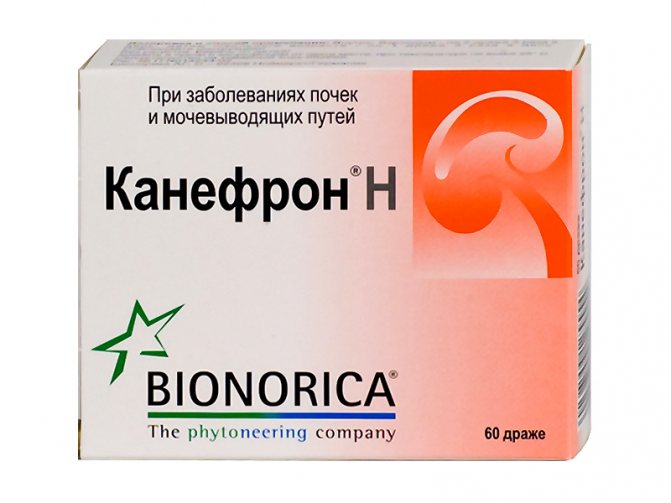
To ensure that the consequences of the disease and its protracted nature do not overshadow the joy of motherhood, and the question of how to treat cystitis during breastfeeding does not bother you, we strongly recommend that the new mother carefully monitor her health. If you find any problems, immediately contact a competent specialist, describe the problem to him and clarify the possible treatment for cystitis during lactation that is suitable for you.
Prevention
Preventive measures for bladder inflammation are the same for both women and girls before pregnancy and after childbirth. First of all, this is high-quality hygiene of the female genital organs; they even pronounce the correct method of wiping with toilet paper for women of any age - only by moving from front to back and nothing else.
We suggest you familiarize yourself with Pain in the groin during erection, causes and principles of treatment.
This will prevent girls from getting germs through the perineum. Too tight underwear or thongs also have a negative impact on women's health. As a preventative measure, it is recommended to wear such underwear only in rare cases, so that E. coli is less likely to get into the genitals.
Cystitis should not be taken lightly; this disease can affect anyone. During the lactation period, measures for diagnosis and treatment should be taken as soon as the first signs appear or something begins to bother the nursing mother. Attacks of acute cystitis should be stopped as quickly as possible, to prevent the disease from developing and entering the chronic stage.
For the successful development of the baby in the future, the mother needs to act and take care of her health in the early stages of pregnancy and in the first months after childbirth, so you should not resort to self-medication. It is better to listen to the advice of professionals, undergo an examination and a full course of treatment, and only after negative tests stop taking medications.

